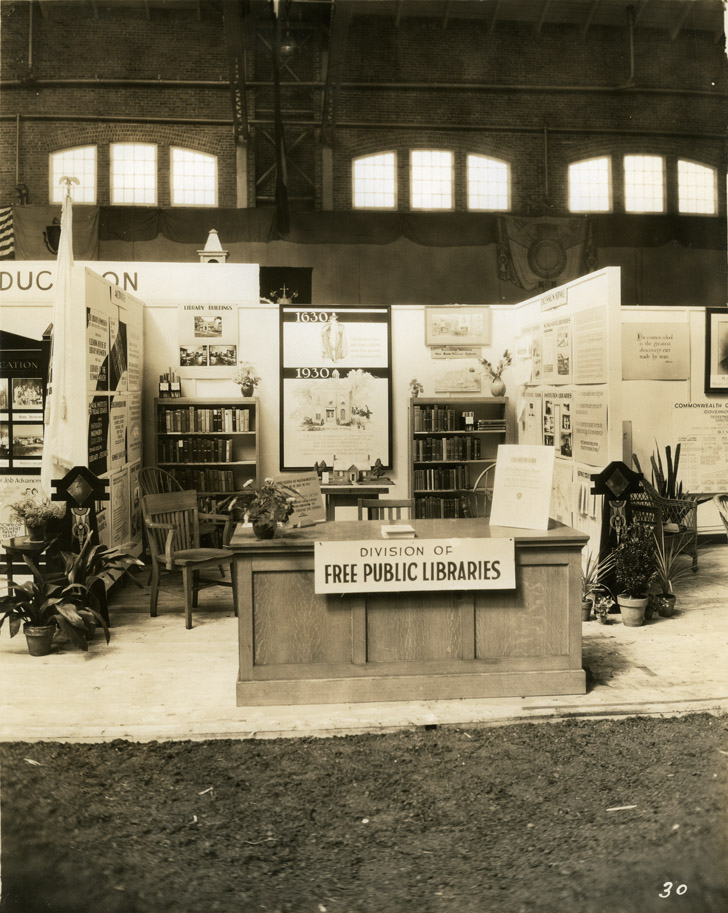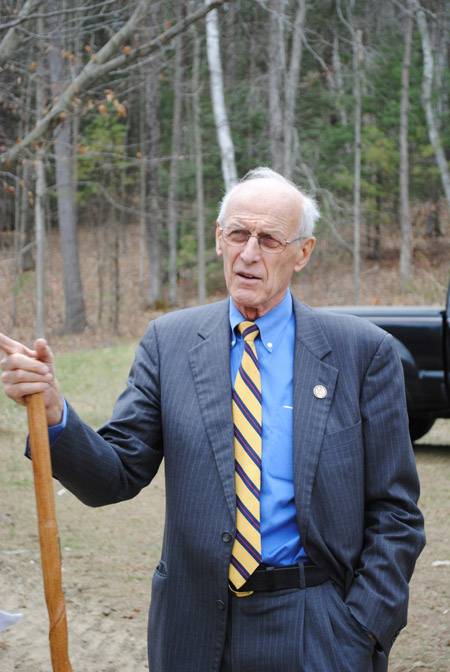Mass Voters for Fair Elections Records
Since 1994 the Mass Voters for Fair Elections has been part of a national movement to minimize the role of money in elections. Watching both the cost of running a successful campaign and the role of fundraising increase, the organization led the fight to put the Clean Elections Initiative on the ballot in 1998. With overwhelming support for the initiative, the ballot question won only to be repealed by the Legislature in 2003. Until it ceased activity in 2007, Mass Voters for Fair Elections continued to work for reform in the electoral process not only to encourage more individuals to run for office, but also to affirm the principle “one person, one vote.”
The collection consists chiefly of subject files that document issues relating to elections and campaign reform addressed by the group and its volunteers. Also included: correspondence, meeting notes, publications, and mailings.



